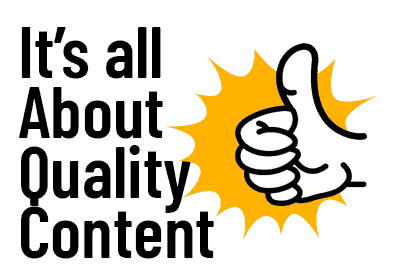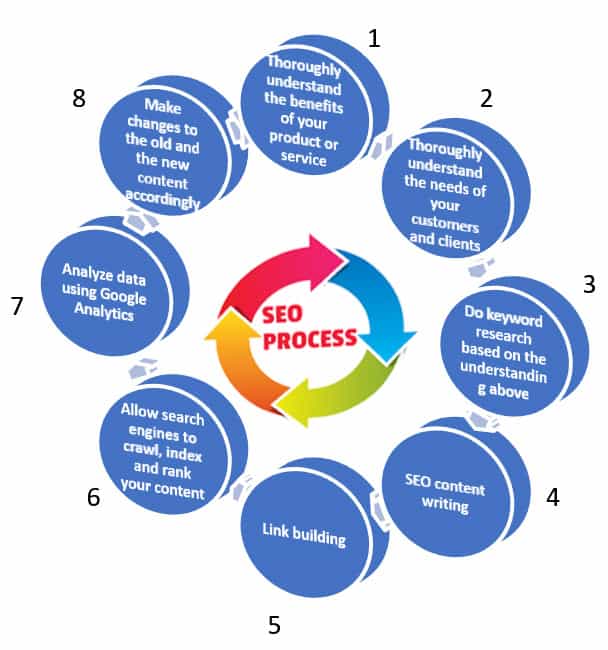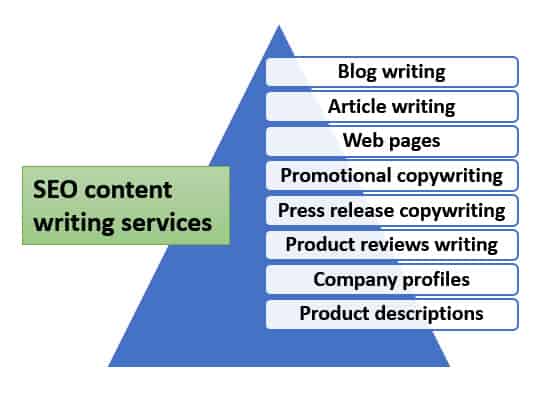The Google helpful content update is active by now.
It is propagating all over the Internet and it will take two weeks to know whether it has hit your website or blog or not.
Main topic and subtopics covered in this blog post:
- What is SEO copywriting?
- Does Google look down upon SEO copywriting?
- How does Google define helpful content?
- Doing SEO copywriting under the new Google helpful content update guidelines
Does the latest search algorithm update make SEO copywriting a bad word?
The guidelines of the new Google helpful content algorithm update specifically state that content written for search engine rankings will lose its search engine rankings.
Good quality, well-researched, and human-centric content will gain rankings.
What is SEO copywriting?
It means writing in such a manner that your content is optimized for your chosen keywords and it ranks higher on Google and other search engines.
Theoretically there is nothing wrong in trying to improve your search engine rankings if you’re looking for search engine traffic.
SEO copywriting in its true sense delivers value to humans first.
At the same time, copywriting is done in a search friendly manner.
The text is organized and formatted in such a manner that its easier to crawl and analyze it.
Yes, keywords are used strategically.
Variation of the keywords are also used.
But when I do SEO copywriting, my main purpose of using the keywords is using the language that is understood by the readers.
It is because they use the search queries in the same language they speak.
Does Google look down upon SEO copywriting?
Not exactly.
In fact, multiple times Google has made recommendations on how to write search engine friendly content – content that can be easily crawled, indexed and ranked.
Then what’s the problem?
The problem is that quite often web publishers forget that ultimately, it’s the human readers for whom content must be written and published.
They get obsessed with SEO copywriting – solely optimizing their content for search engine rankings while completely forgetting about delivering quality to human readers.
This approach is counter-productive at many levels.
Low quality content harms your interests.
Your bounce rate increases.
You don’t retain visitors.
People stop visiting your website or blog.
Your readers feel cheated and hence, they get disenchanted with your intentions.
They waste time because they come to your website or blog thinking that they have found the information they were looking for, but they don’t.
Low quality content also sullies Google’s reputation because people see that as Google’s inability to find quality content.
If a new search engine comes up with the ability to find better content, people will start using it.
Hence, Google is heavily coming down upon websites and blogs publishing low quality content.
The new helpful content algorithm update will be specially targeting websites that publish content just to improve search engine rankings.
Naturally, people who have been using SEO copywriting indiscriminately are feeling jittery.
How does Google define helpful content?
Although “helpful content” has a very literal meaning, Google advises you to ask yourself the following questions to determine whether your content is helpful to your human readers.
- If people directly come to your website (not from Google search), will they find your content helpful and useful?
- When you are writing about a product or a place to visit, have you personally experienced the product or visited the place to get first-hand experience?
- After reading what you have published, are people satisfied or do they have to conduct further research?
- Does your website or blog have a primary focus or a purpose to exist (for example, the purpose of this website is to give you information on content writing, copywriting, and content marketing).
- Do you provide original information, reporting, research, or analysis?
- When linking to other information sources, do you simply regurgitate existing information or add further value?
These may seem quite obvious questions but you will be surprised to know how many content publishers don’t pay attention to them.
Doing SEO copywriting under the new Google helpful content update guidelines
What all do you need to pay attention to when writing content according to the new guidelines?
Search engine optimization is always going to be one of your primary concerns.
Here are a few things to keep in mind when writing content for your own website, or for one of your clients.
Don’t write on random topics
The focus area of my blog is content writing, copywriting, sometimes SEO (because it is content related), and content marketing (which is a superset of content writing).
Although I write for websites and blogs, does it make sense to publish blogs on web design?
What about PHP programming?
JavaScript coding?
These topics may get me some traffic, but do they belong to the core focus of my website?
They don’t.
I will be writing and publishing them simply to generate search engine traffic.
I don’t have expertise in them.
I will be simply getting information from other websites and rewriting it, without adding further value.
Instead, stick to your core subject.
If you want to publish regularly, sure, sometimes it may be difficult to come up with new topics, but this is where your creativity will count.
Develop your own writing style
As a copywriter, Google or no Google, you should develop your own writing style to sound original.
Every experienced writer has their own style.
My clients often insist that I write in my style and therefore, sometimes it becomes difficult for me to collaborate with other content writers.
When you have your own manner of writing sentences and using words, even if you are getting information from other websites, you will be writing it in your own way, in your own style, and according to your own take.
Be original
This is one of the major guidelines of the latest Google helpful content algorithm update.
Don’t write and publish content that is already present – maybe in a much better form – on other websites and blogs.
Offer readers something that they cannot find elsewhere.
Develop an expertise.
As much as possible, use first-hand experience to describe products and places.
Everything that they share on this blog, I use it on everyday content writing and copywriting.
Even the blogging tips that I share, I use them on my own blog and also when I’m writing blog posts for my clients.
Don’t obsess over search engine optimization
Just because you’re doing SEO copywriting it doesn’t mean your primary concern should be getting your content to rank higher on Google.
SEO copywriting and content writing are more about using a format that is search engine friendly, and less about cramming your writing with keywords.
When writing, come to the main topic as fast as possible.
Therefore, when you talk about your main topic, if you have defined the topic according to your primary keywords, you will be naturally using your keywords.
Organize your content under various subheadings because larger font draws more attention.
In your subheadings, let your keywords appear naturally.
If they don’t appear, don’t force them.
Similarly, try to use your keywords and bulleted lists.
When I say you should use your keywords, it doesn’t mean splattering them randomly just so that they appear in your text.
Your keywords must always appear contextually.
They should be there because they should be there, not because of SEO.
Don’t unnecessarily stretch your web page or blog post
The Google update documentation advises that you should write highly focused web pages and blog posts.
There is conflicting data available on how long your blog posts (or web pages) must be to rank well.
Google in its new helpful content update guidelines says that it doesn’t matter how many words your blog post (or web page) has.
As long as your content is human-friendly, and relevant, nothing should stop it from ranking well.
Having said that, Hubspot found in a 2021 study that blog posts with 2100-2400 words perform much better than shorter blog posts.
What should you do?
As is the case with everything else, the length of your blog post should be need-based.
My average blog posts these days are 1100-1500 words.
Some blog posts rank well, some don’t.
I don’t bother much.
The messaging is more important to me.
I don’t like unnecessarily stretching my blog posts just so that they have more words.
If you needlessly include topics and subtopics, people lose interest.
They want to read what they were searching for.
They are not looking for 10 other facts.
Use your better judgement.
If you think certain topics are important to your readers, include them, otherwise don’t.
There are some topics that are necessary to make your blog post complete.
But if you feel that your blog post would be better without those subtopics, remove them.
Write in an accessible manner
Google prefers accessible content over inaccessible content.
Make sure your copy is easily readable.
Write simple sentences and paragraphs.
Don’t use over complicated words.
Make your writing scannable so that even someone who doesn’t want to read the whole thing, can make sense of it.
Screen readers should be able to read your text seamlessly.
Link to important topics if you have already written about them instead of rewriting them.
When doing SEO copywriting, think from the point of view of Google.
If your content doesn’t make sense, what is the point in getting it ranked higher?
Get a ton of traffic?
Make people click on advertisements?
Buy your affiliate products?
You know what?
People aren’t doing any of these because they are not even reading your content.
Anyway, 80 out of 100 people read your headline and don’t go beyond that.
So, it’s only the remaining 20 people who are going to care what you have written.
If they feel cheated, even they don’t convert.
From the perspective of Google, why should Google suffer if you don’t want to write quality content?
Why should people who use Google in good faith suffer because you just want them to come to your website without offering them helpful content?
With the help of artificial intelligence and natural language processing Google has enough computing power to know whether you are providing quality content or not.
Stick to the “helpful content” algorithm guidelines and you will be surprised to know how well your copywriting sounds.

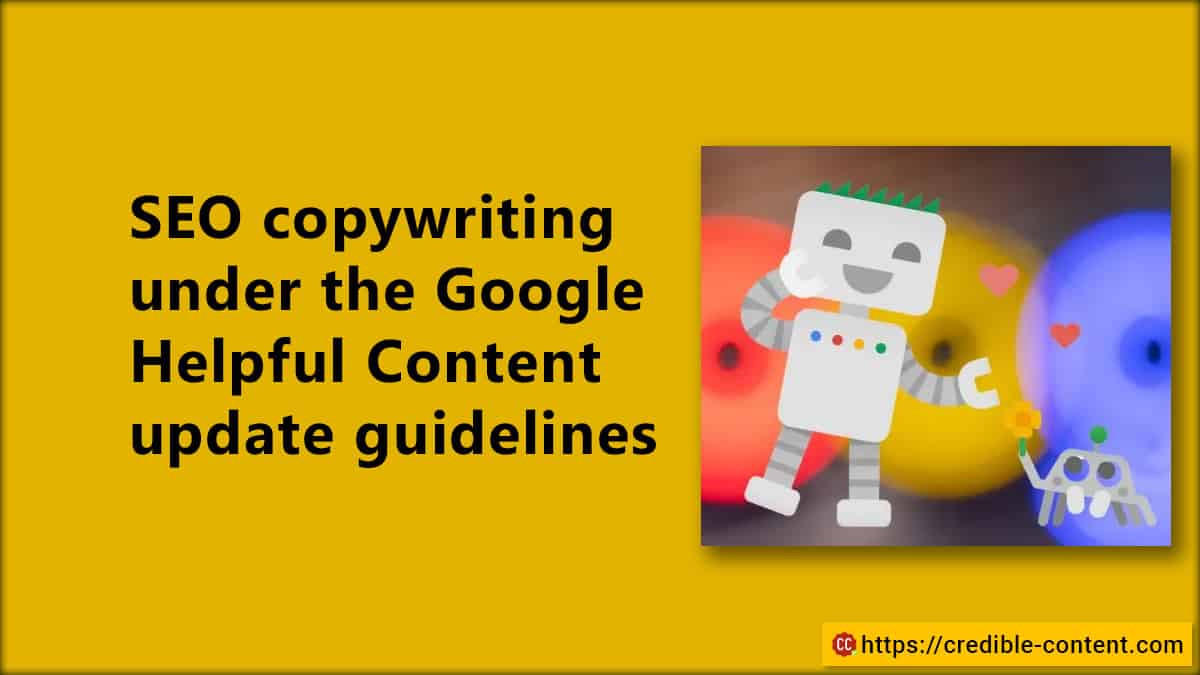

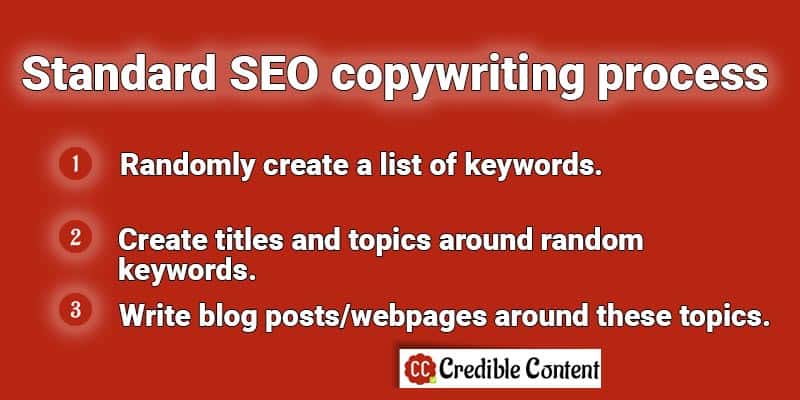
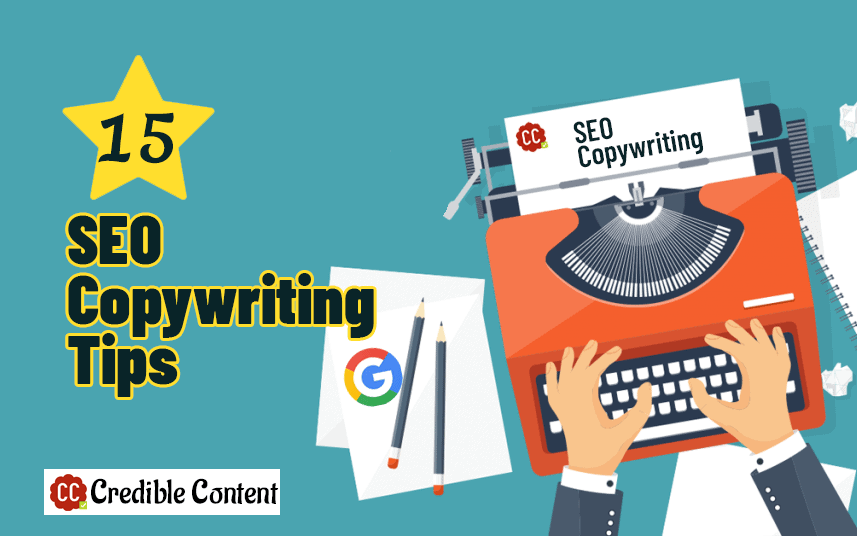
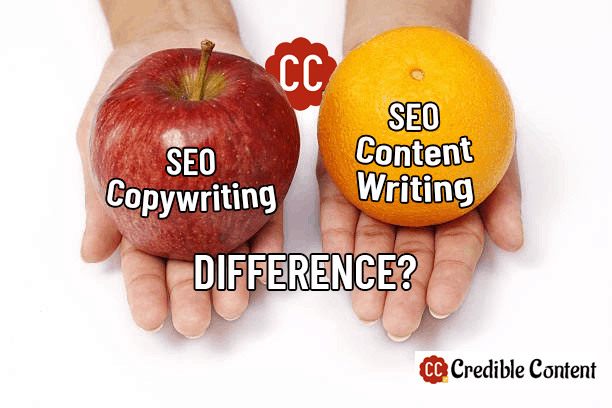
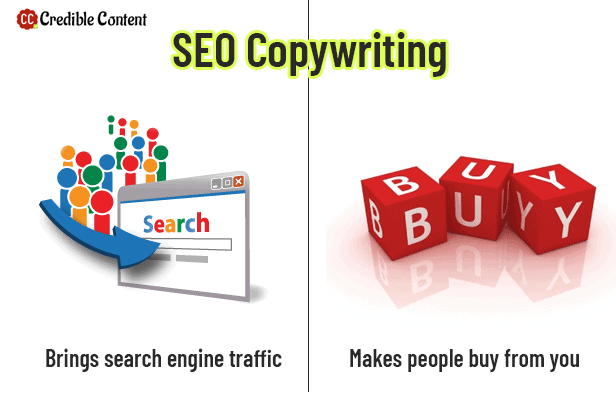

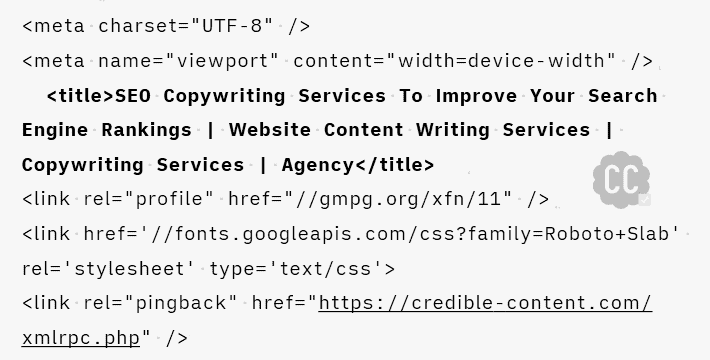

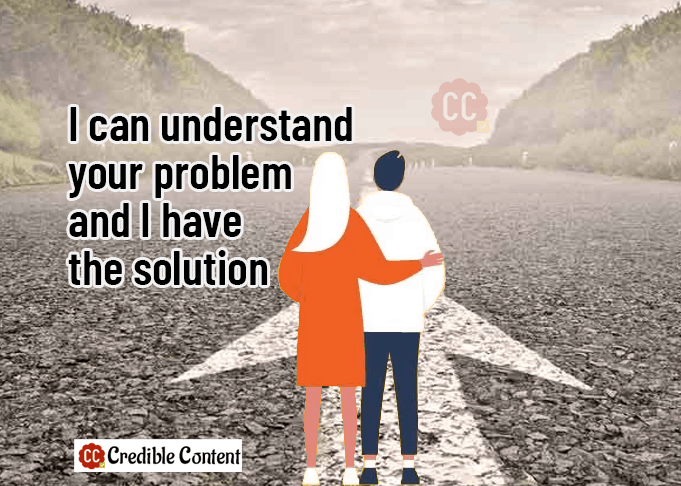


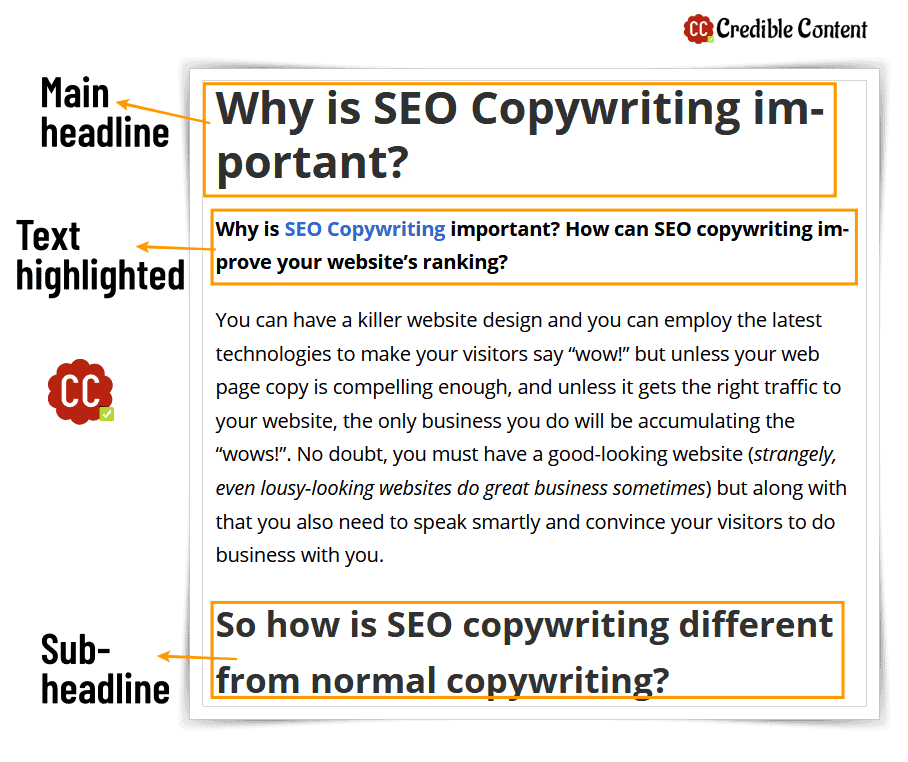
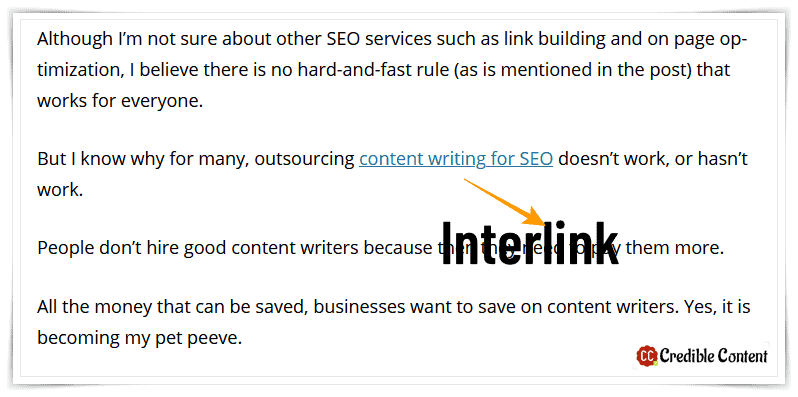
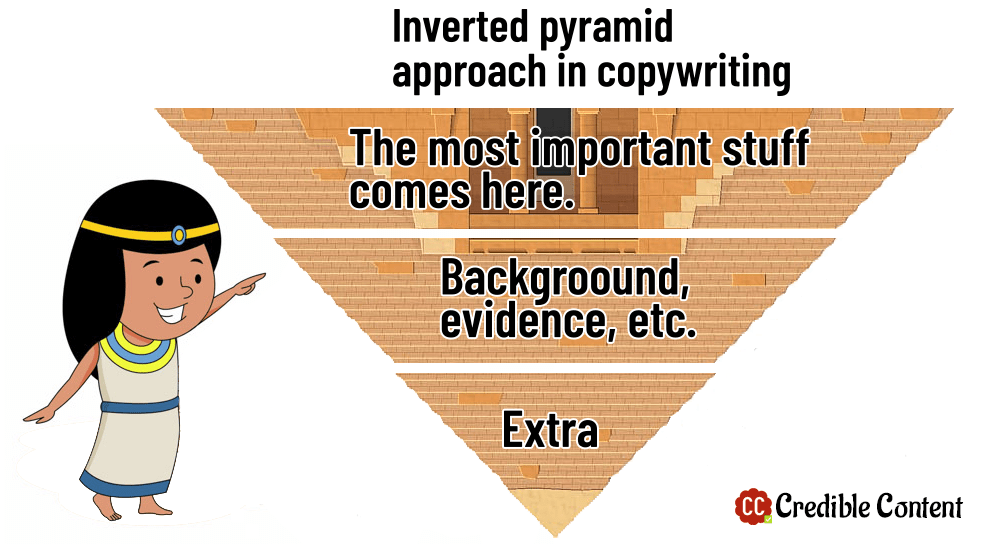
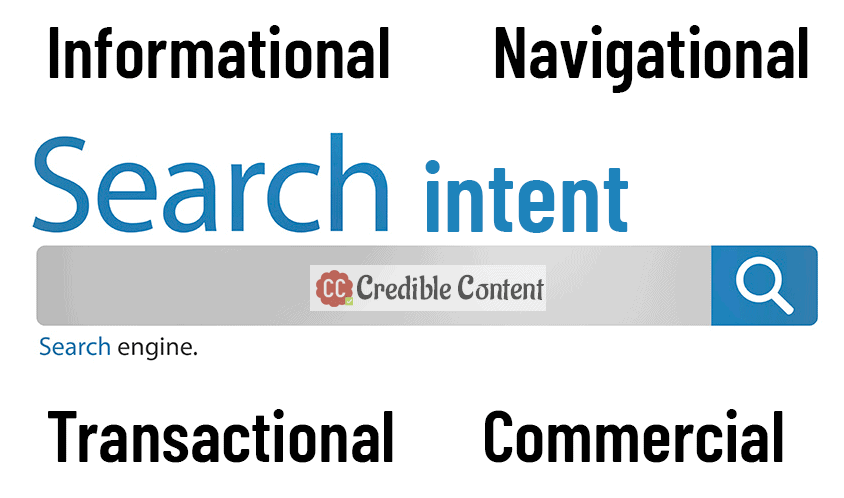
 One reason why Google likes longform, comprehensive content is that it covers pretty much everything that a search engine user is looking for.
One reason why Google likes longform, comprehensive content is that it covers pretty much everything that a search engine user is looking for.

